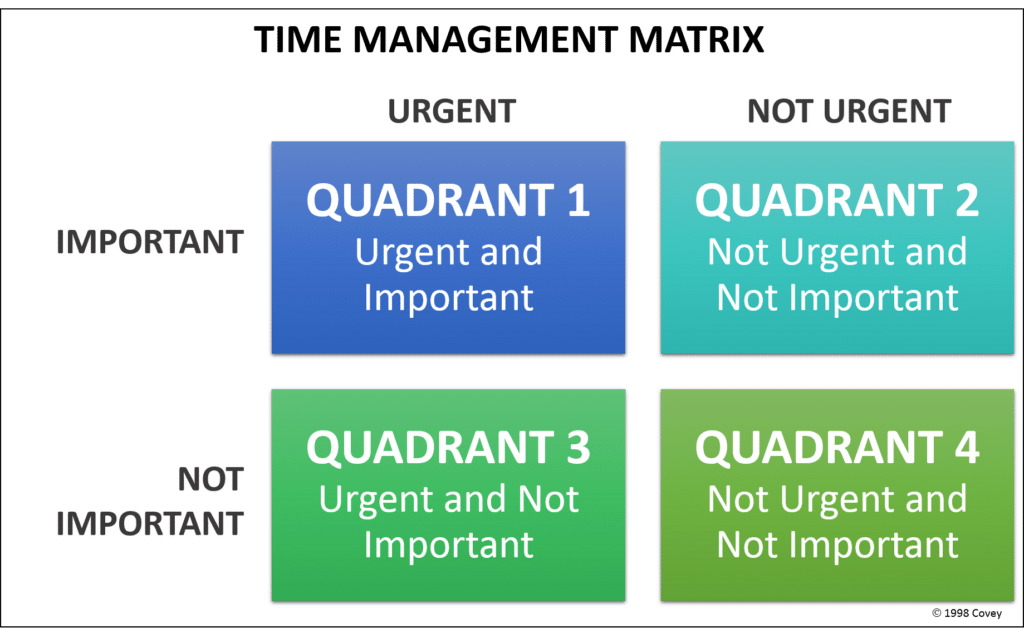
Sponsored by SaneBox:
Time – we all want more of it, but what if you didn’t need more time at all? What if by making some simple changes to your day, you could recoup some of the time you lose each day instead? How much more productive would you be? How much more time would you have to spend doing the things you enjoy rather than working?
Now, I want you to stop thinking about what it would be like, and instead, take the steps to make it your reality. You don’t have to make big changes to regain five minutes here and there throughout your day. Over an eight hour (or more) work day, a bunch of five minutes adds up. If you could recoup just five minutes per hour, you’d get back 40 minutes from an 8-hour work day!
Following are five simple tips you can follow to reduce interruptions so you can actually get more done and get your life back!
1. Manage Your Email Inbox Better
By far, the biggest distraction in my day and the thing that takes up so much time that I’d love to recoup is email! Every morning, my email inbox is filled with dozens of messages, and only a handful of them are actually very important. An even smaller number are top priorities. It’s not just me. Research from Microsoft found that employees lose a minimum of one hour per day on interruptions and email accounts for 23% of those interruptions!
Depending on the email tool you use, you might be able to set up rules and folders to better manage your messages, but that can get confusing. In fact, your “system” could end up making it take even longer to get through your email each day. Another option is to try a tool like SaneBox, which helps you clean up your inbox by preventing unimportant emails from interrupting you using algorithms to learn which messages are important to you.
2. Set Start and Stop Times (and Stick to Them)
To reduce interruptions, you have to be protective of your time. Begin working on projects or tasks at specific start times and set specific stop times for each one. The time between your start and end should be blocked off on your calendar. Nothing should be allowed to interrupt you during that time (unless there is an emergency of course).
Turn off your phone, close your email, close your social media profiles, and focus 100% on the task at hand. When you have a specific start and stop time, there should be no excuses for working on anything else except the task designated as your priority during that time period.
3. Develop a Time Management Matrix
In 1998, Stephen Covey introduced a Time Management Matrix in his book First Things First, which you can use to organize tasks based on urgency and importance. The matrix gives you a formal way to document your priorities, so you can’t veer off course. You can see the matrix in the image below.

If a task is not in Quadrant 1, it’s a distraction. Don’t let those other tasks that aren’t in Quadrant 1 get in the way of completing your most urgent and important tasks!
4. Use a Metaphorical Do Not Disturb Sign
No, I’m not saying you should actually hang a Do Not Disturb sign on your office door (although they can work but can also be perceived negatively by your coworkers). You need to hang a metaphorical do not disturb sign in your mind. It’s the gating factor that keeps the distractions out of your mind so they don’t become interruptions that waste your time.
Turning off your phone and closing your email are a part of this process, but if you can’t commit to ignoring interruptions rather than prioritizing them in your mind, your efforts to recoup your time are for naught.
5. Create a Culture that Discourages Interruptions
At most companies, interruptions are the norm. If you’re in a position to influence the culture as a leader or through your company’s leadership team, then building a culture that discourages interruptions will not only increase all team members’ level of productivity, but it will also boost employee morale and ultimately, the success of the company. Imagine how much happier everyone would be if they could get more done and leave on time every day!
If you add up all the time that interruptions steal from each employee at your company, you’ll probably be surprised. According to research by Basex, interruptions cost the U.S. economy $588 billion per year! Suddenly, creating a culture that discourages interruptions doesn’t seem like the kind of touchy-feely HR initiative that employees dislike. Now, it sounds like something everyone can benefit from and support.





Thank you for this article.
While this article is written for businesses employing staff, it is just as relevant for people working for themselves. It is all too easy to be distracted by emails, social media, housework, or friends and family who assume that ‘working from home’ means that you’re free for coffee or to help out with errands. Learning to compartmentalise working hours from other activities is really important to maximise efficiency.
I will be sharing this with my followers.
Emma, startsmall-dreambig.com
That was a very nice article.